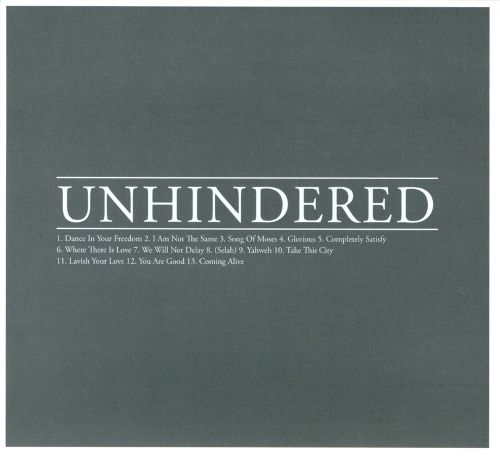
verb (used with object)
- to cause delay, interruption, or difficulty in; hamper; impede: The storm hindered our progress.
- to prevent from doing, acting, or happening; stop: to hinder a man from committing a crime.
verb (used without object)
- to be an obstacle or impediment.
adjective
- without hindrancehe could proceed unhindered
verb
- to be or get in the way of (someone or something); hamper
- (tr) to prevent
adjective
- (prenominal) situated at or further towards the back or rear; posteriorthe hinder parts
adj.1610s, from un- (1) “not” + past participle of hinder. v.Old English hindrian “to harm, injure, impair, check, repress,” from Proto-Germanic *hinderojanan (cf. Old Norse hindra, Dutch hinderen, Old High German hintaron, German hindern “to keep back”), from a root meaning “on that side of, behind” (cf. hind (adj.)); thus the ground sense is “to put or keep back,” though this sense in English is recorded only from late 14c. Related: Hindered; hindering. adj,“situated in the rear, toward the back,” late 14c., probably from Old English hinder (adv.) “behind, back, afterward,” but treated as a comparative of hind (adj.). Related to Old High German hintar, German hinter, Gothic hindar “behind.” Middle English had hinderhede, literally “hinder-hood; posterity in time, inferiority in rank;” and hinderling “person fallen from moral or social respectability, wretch.”
 Liberal Dictionary English Dictionary
Liberal Dictionary English Dictionary